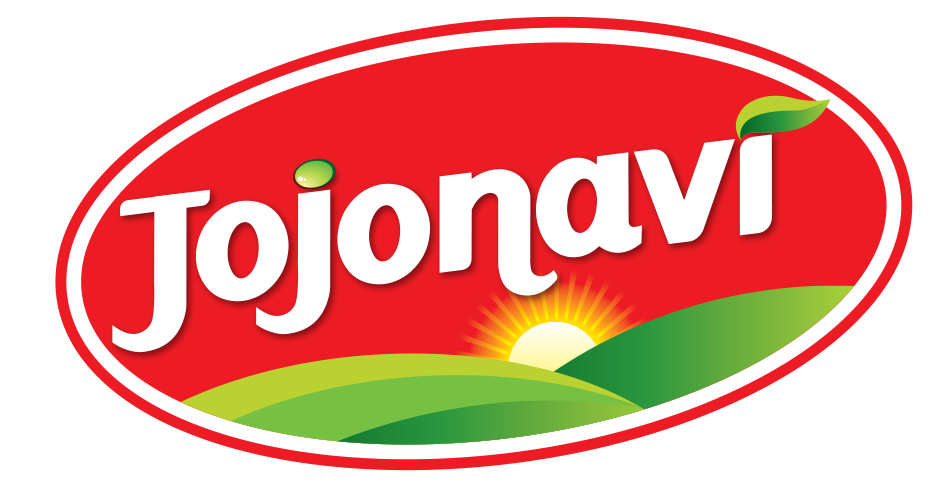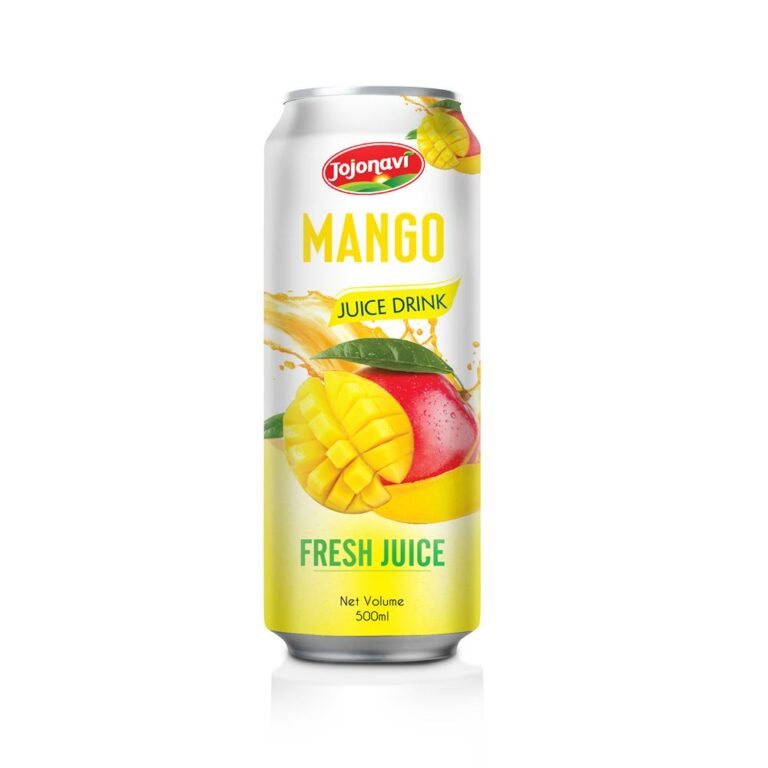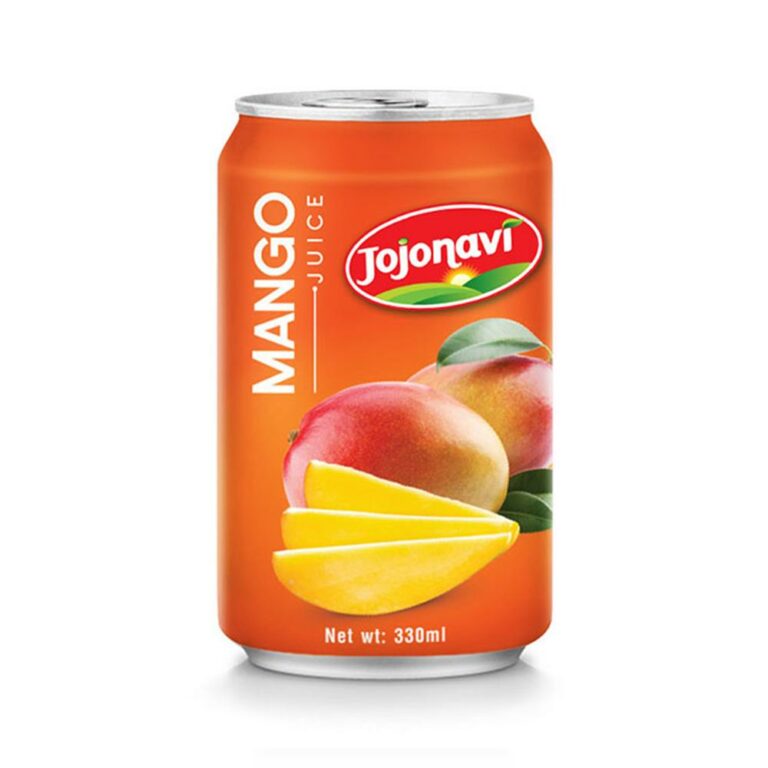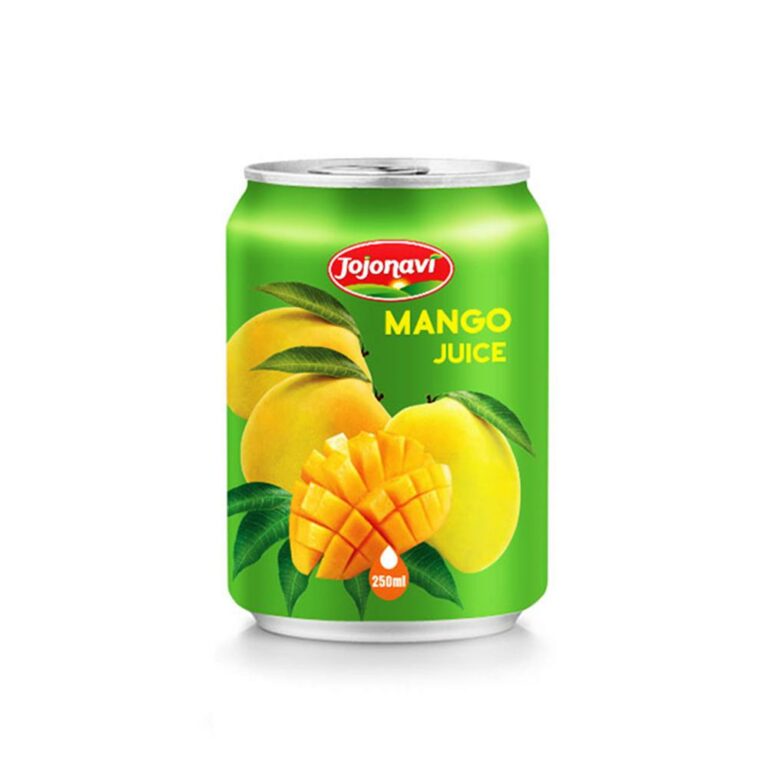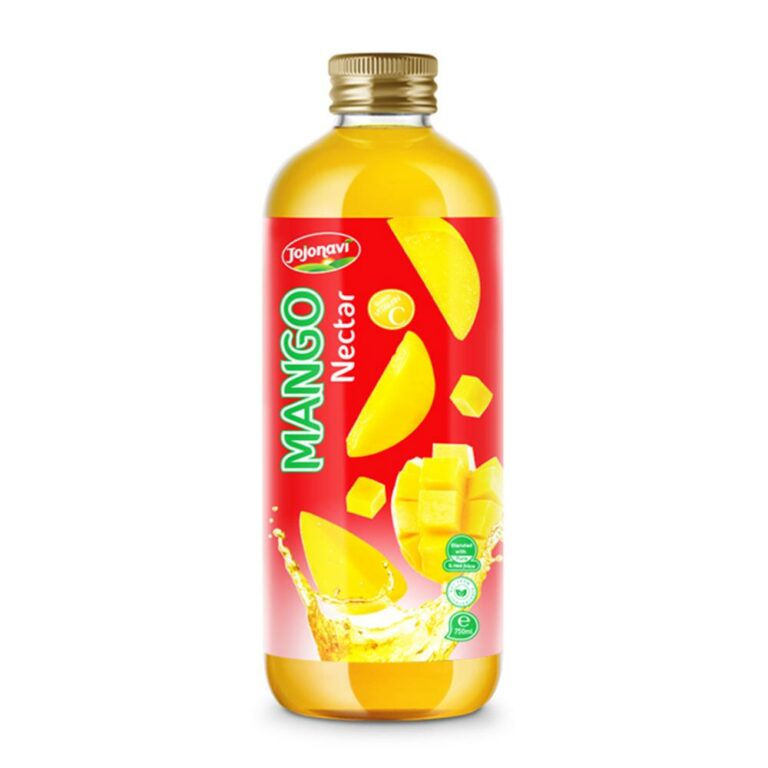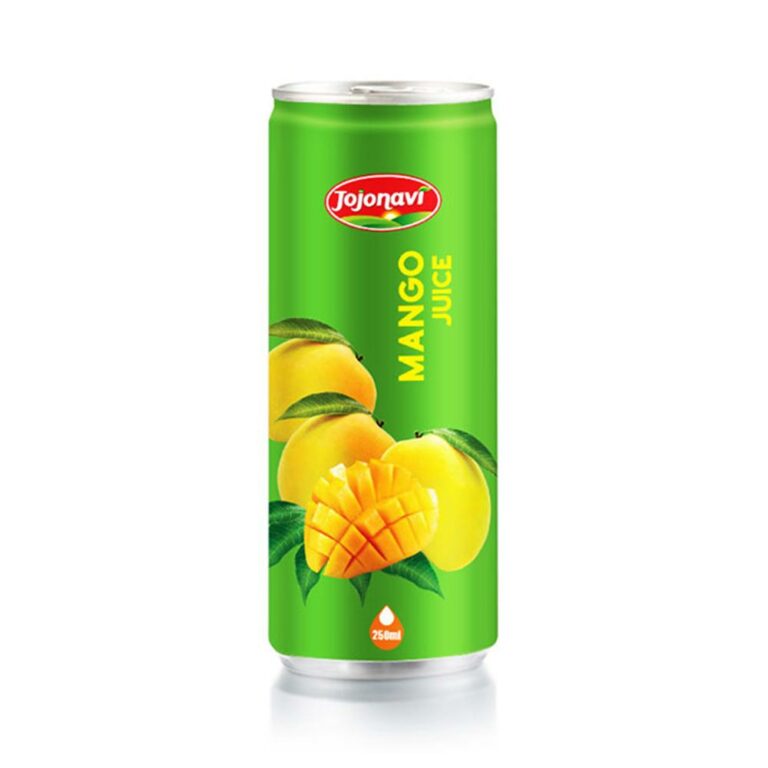Why Mango is the King of Fruits: Nutrition, Benefits, and More
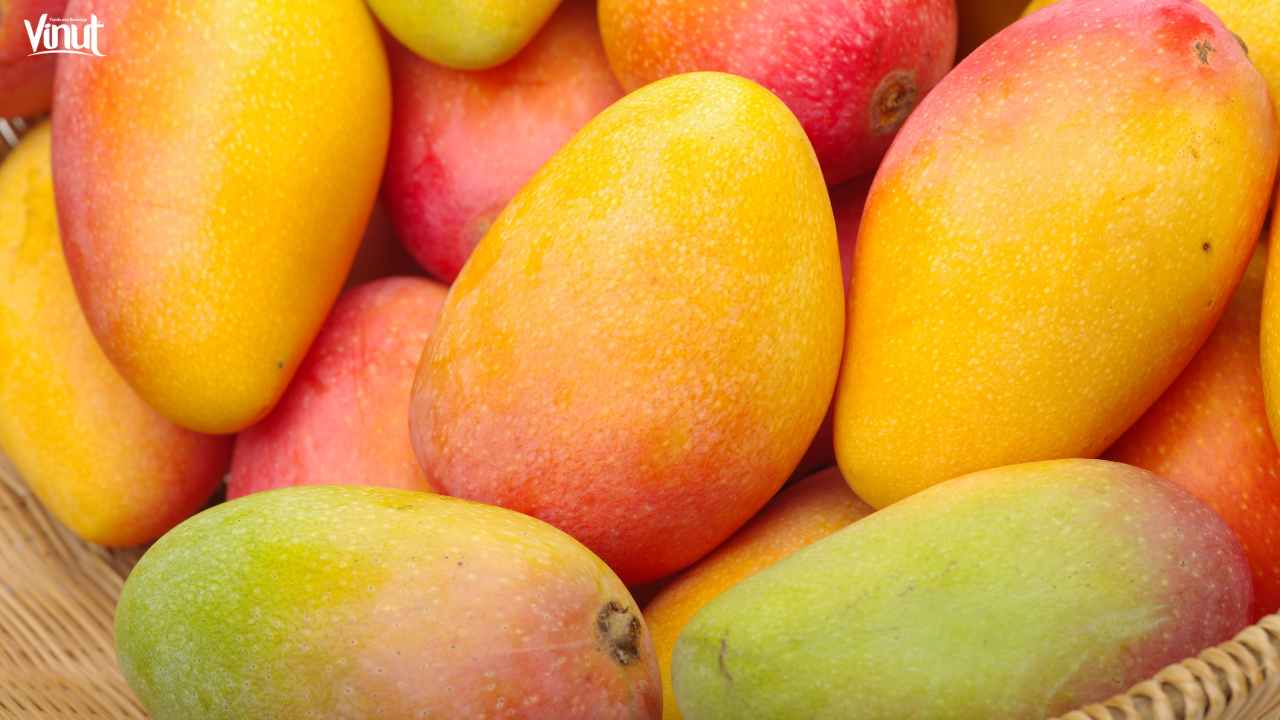
Why Mango is the King of Fruits: Nutrition, Benefits, and More
Summary
Mango, often referred to as the "king of fruits," is a beloved tropical delight renowned for its exquisite taste and exceptional health benefits. This versatile fruit, native to South Asia, has captivated hearts and taste buds worldwide for centuries.
Cultural and Historical Reverence
The mango has deep cultural and historical significance in many parts of the world. Originating in South Asia, mango cultivation dates back over 4,000 years. Ancient Indian scriptures and folklore often reference mangoes as symbols of love, prosperity, and divine energy. The fruit’s influence extends to art, literature, and festivals, where it is celebrated as a source of joy and abundance.
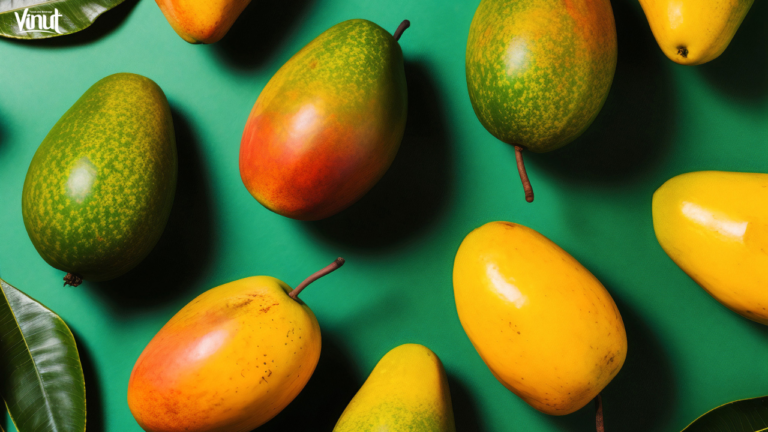
Mangoes have also been integral to culinary traditions, featuring prominently in everything from Indian aamras to Thai mango sticky rice. In the modern world, their appeal continues to grow, crossing cultural boundaries with innovative recipes and global availability.
The Nutritional Benefits of Mango
Mangoes are a treasure trove of nutrients essential for overall well-being. Packed with a variety of vitamins, minerals, and antioxidants, they are as nutritious as they are flavorful. Here’s a breakdown:
- Vitamins: These fruits are an excellent source of vitamin C, vital for a robust immune system and skin health. They also contain vitamin A, which supports vision, growth, and reproduction. Additionally, they offer smaller amounts of vitamin E and several B vitamins.
- Minerals: This fruit is rich in potassium, which helps maintain fluid balance and supports heart health. It also contains trace amounts of magnesium, calcium, and phosphorus.
- Dietary Fiber: A single mango provides about 3 grams of fiber, aiding digestion, promoting a healthy gut microbiome, and contributing to weight management.
- Antioxidants: They contain polyphenols like mangiferin, quercetin, and beta-carotene. These compounds combat oxidative stress, potentially reducing the risk of chronic diseases like cancer and heart disease.
Health Benefits That Make Mango a Superstar
1. Immune System Booster
The high vitamin C and vitamin A content in mangoes work synergistically to strengthen the immune system, helping the body fend off infections and illnesses.

2. Skin and Hair Health Enhancer
These tropical fruits are often called a "beauty fruit" because of their ability to nourish the skin and hair. Vitamin A promotes skin regeneration and combats dryness, while antioxidants reduce the impact of aging and protect against sun damage.

3. Digestive Aid
They contain natural enzymes like amylases, which break down carbohydrates, aiding digestion. Combined with dietary fiber, they help prevent constipation and maintain gut health.

4. Weight Management Support
Despite their sweetness, this fruit is relatively low in calories, making it a satisfying, nutrient-dense option for those watching their weight.

Creative Ways to Enjoy Mango
Fresh and Simple: Enjoy slices of this fruit as a refreshing snack or breakfast addition.

Juices and Smoothies: Blend mango with yogurt or other tropical fruits for a nourishing drink.

Salads and Salsas: Combine diced mango with avocado, red onion, and lime juice for a vibrant salsa. Alternatively, toss it into salads for a sweet and tangy twist.
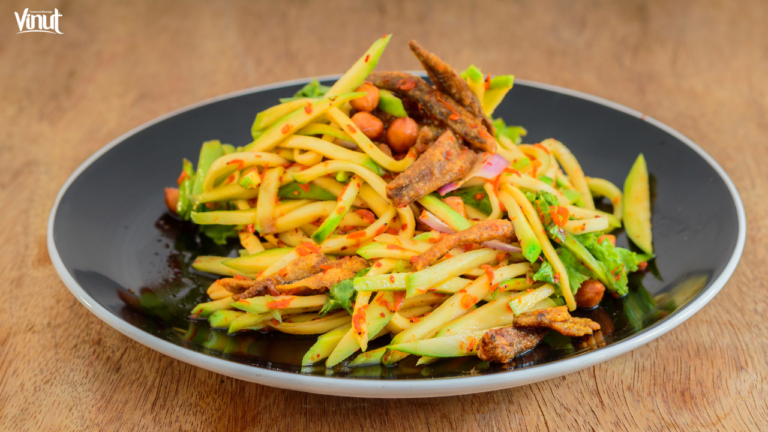
Desserts: Mangoes elevate desserts like puddings, sorbets, and ice creams with their sweetness.

Choosing the Perfect Mango
When selecting mangoes, look for fruits with a fragrant aroma and a slight give when pressed. Avoid those with dark spots or overly soft areas. Once ripe, store these ones in the refrigerator to prolong their freshness.
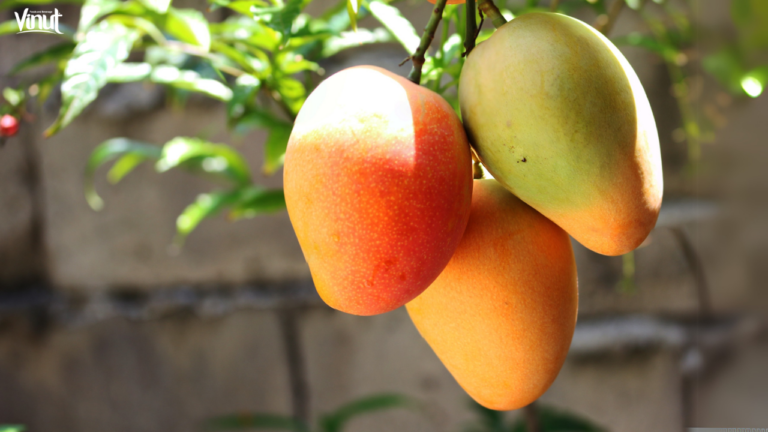
Mango’s regal title as the "king of fruits" is well-deserved. With its unparalleled flavor, impressive nutritional profile, and wide-ranging health benefits, mango offers something for everyone. Whether you savor it fresh, blend it into a smoothie, or use it to enhance savory dishes, mango is a delightful way to nourish your body and indulge your senses.
